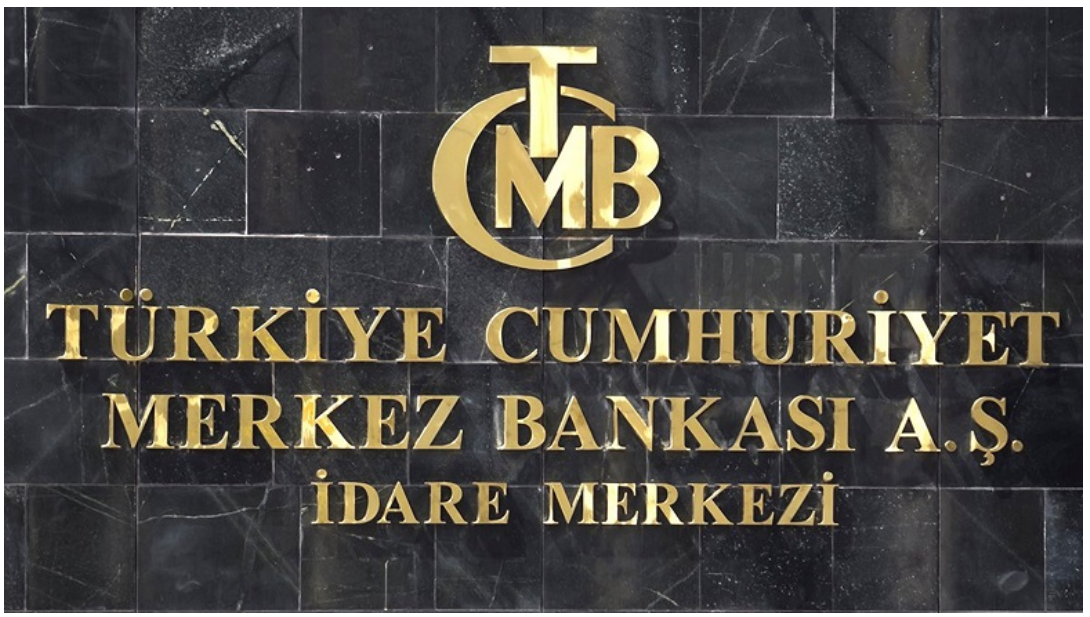Turkey’s central bank lowered its benchmark interest rate for the third time in a row and by a bigger magnitude than forecast, signaling it’s close to ending a series of cuts that have pushed an ultra-loose monetary policy to new extremes.
The Monetary Policy Committee, led by Governor Sahap Kavcioglu, reduced its one-week repo rate to 10.5% from 12% on Thursday, despite annual inflation rocketing past 83%. The MPC said it will consider “taking a similar step at the following meeting and ending the rate cut cycle,” according to a statement accompanying its decision.
Most economists surveyed by Bloomberg survey expected a 100 basis-point cut after President Recep Tayyip Erdogan’s explicit calls for rates to come down to single digits by the end of this year. The lira traded little changed after the rate announcement.
Turkey is an outlier in a world where policy makers are aggressively raising borrowing costs in response to the biggest inflation shocks in decades.
Despite the biggest surge in consumer prices since 1998, the Turkish central bank surprised by resuming cuts in August following a months-long pause, signaling that the threat of an economic slowdown warrants lower rates.
It described the price pressures as “transitory” and blamed them on the global rally in commodity costs, stoked by Russia’s invasion of Ukraine in February.
But even before the war, inflation in Turkey was approaching 50%, following an easing cycle at the end of last year that slashed rates by 500 basis points. Annual price growth last month was nearly 17 times the central bank’s official target.
At the same time, policy rates in Turkey have grown increasingly disconnected from monetary conditions across much of the economy. A series of what officials call macroprudential measures have engineered a slowdown in lending with regulatory changes such as the introduction of collateral requirements.
The approach has sought to ensure that credit flows into industries favored by Erdogan, who’s counting on cheap money to increase production and investment as well as create new jobs. The president fired all three of Kavcioglu’s predecessors for taking a line he deemed insufficiently dovish.
